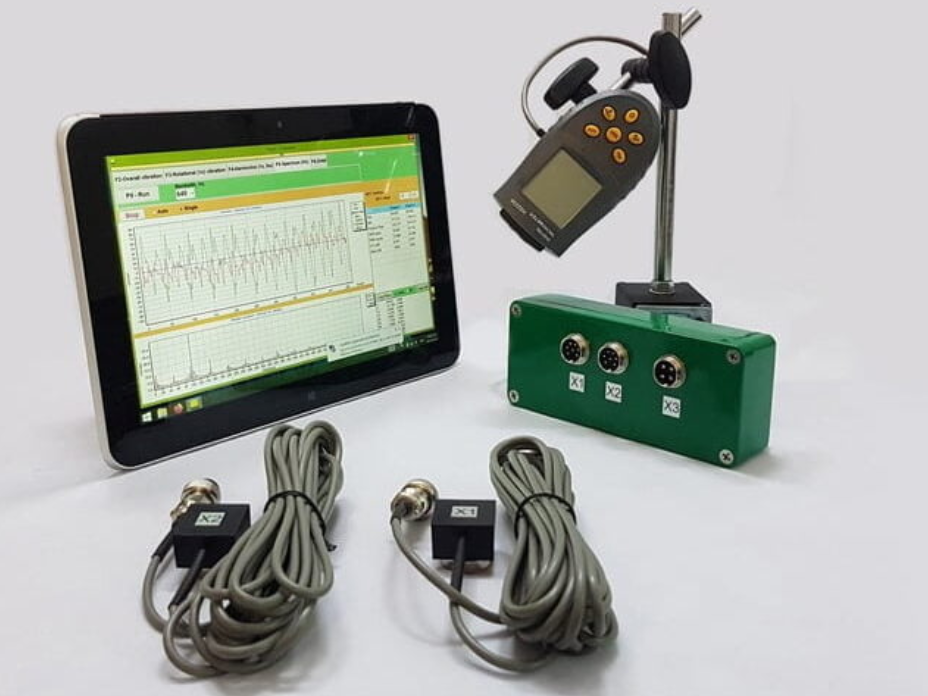Bank of England appoints Huw Pill as new chief economist – business live | Business
UK factory output growth has slowed as manufacturers scramble to obtain raw materials and parts, pushing up the prices they charge.
The severe disruptions to UK supply chains caused by Covid-19 lockdowns and the knock-on effects of Brexit weighed on production growth last month.
That’s according to the latest survey of purchasing managers by data firm IHS Markit, which found that production, delivery and distribution schedules all experienced substantial delays in August.
The report found that UK manufacturing output rose again in August, but at the weakest extent since February, with firms still reporting solid gains in new orders and employment.
The ongoing shortages of components and commodities also forced manufacturers to pay higher input prices — as inflationary pressures continued to build in the economy.
Manufacturers were able to pass some of those costs onto their own customers, with average selling prices rising at one of the quickest rates on record.
The supply chain crisis saw average supplier lead times lengthen to the second greatest extent in the survey history during August. The only time when delivery delays have been more pronounced was in April 2020 during the first COVID-19 lockdown.

Markit says:
Input shortages, shipping delays, a lack of port capacity, transportation issues, Brexit and shortages of logistic industry staff all contributed to delivery delays.
Business was brisk — incoming new orders rose in August, from both domestic and overseas markets. On the export front, manufacturers reported increased orders from clients in Europe, China, the US, Asia and South America.
Employment growth was strong too, with staffing levels rising as factories try to boost capacity, meet rising demand requirements and tackle their backlogs of incomplete work.
However, some manufacturers reported skills shortages as they struggle to find workers.
The HS Markit / CIPS UK Manufacturing PMI, which tracks activity in the sector, dipped slightly to a five-month low of 60.3, slightly below July’s 60.4. That’s still above the 50-point mark showing stagnation – and is better than the ‘flash’ reading of 60.1.

Rob Dobson, director at IHS Markit, says this “severe disruptions” to supply chains and raw material shortages eroded the growth momentum of UK manufacturing.
“A wide range of factors contributed to the disruption, including port capacity issues, international shipping delays, the re-imposition of COVID restrictions at some key points in global supply networks and ongoing issues post-Brexit. With all of these factors likely to persist for the foreseeable future, manufacturing could well see a further growth slowdown in the coming months.
The impact of supply issues is also feeding through to rapid price inflation. Rates of increase in both input costs and selling prices remained close to record highs in August, as rising demand chased constrained supply and companies moved to pass on price increases to clients and consumers alike. This is affecting most markets, but especially autos, metals, food stuffs and electronics.
Dobson also warn that the supply chain crisis could hit employment growth.
“Business confidence remained elevated despite the widespread shortages as firms focused on the longer-term outlook and brought back furloughed workers. However, the solid jobs growth seen in August could soon wane if supply disruptions and shortages of both labour and required skills continue to worsen.”
IHS Markit PMI™
(@IHSMarkitPMI)Growth at the UK’s manufacturing sector was strong in August but the #PMI slipped to a 6-month low of 60.3. Headcounts continued to expand, but material shortages and delivery delays led to softer output growth and sharp cost pressures. Read more: https://t.co/gH356PuRn9 pic.twitter.com/pvMpZwIluG








